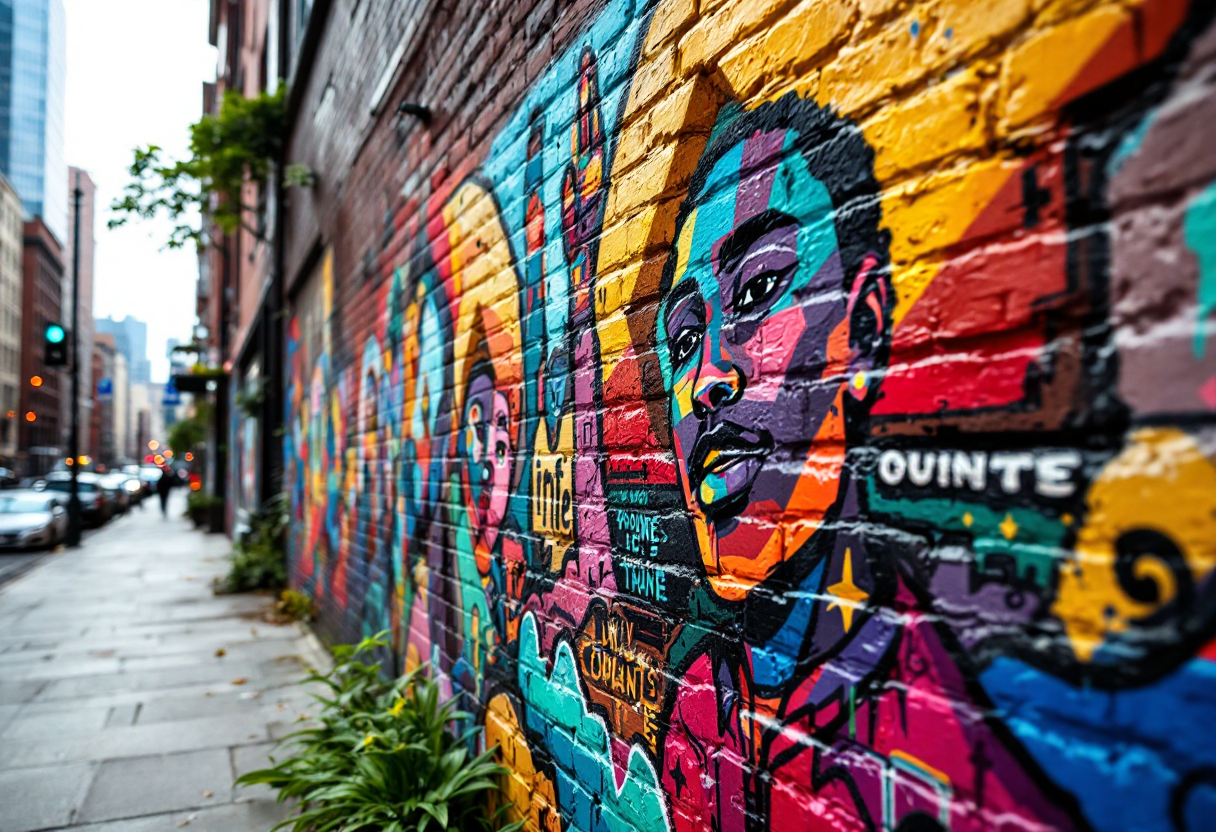Table of Contents
Introduction to antisemitism in contemporary society
Antisemitism, a term that has echoed through history, is witnessing a disturbing resurgence in today’s world. Recent incidents, such as the shooting of an Orthodox Jewish man in Chicago, have brought this issue to the forefront of public discourse.
The suspect in this case reportedly researched Jewish targets prior to the attack, highlighting a troubling trend of targeted violence against the Jewish community. This incident is not isolated; it reflects a broader pattern of hate crimes that are increasingly prevalent in various societies.
Factors contributing to the rise of antisemitism
Several factors contribute to the rise of antisemitism in modern society. Social media plays a significant role in amplifying hate speech and misinformation. The rapid spread of antisemitic content online has made it easier for individuals to find and share harmful ideologies.
Additionally, political rhetoric can exacerbate tensions, as seen in various global contexts where Jewish communities are scapegoated during times of crisis. The normalization of hate speech in political discourse can lead to real-world violence, as evidenced by the recent shooting incident.
The impact of media representation
Media representation also plays a crucial role in shaping public perceptions of Jewish communities. Recent controversies, such as the backlash against Netflix’s film “Mary” for its casting choices, illustrate how cultural narratives can influence societal attitudes.
Critics argue that misrepresentation or oversimplification of historical figures can perpetuate stereotypes and fuel antisemitic sentiments. The responsibility of media outlets to portray diverse narratives accurately cannot be overstated, as these portrayals significantly impact public understanding and acceptance.
Community responses and the path forward
In response to rising antisemitism, communities are mobilizing to raise awareness and promote education. Initiatives aimed at fostering dialogue between different cultural groups are essential in combating hate. Educational programs that address the history and impact of antisemitism can help dismantle stereotypes and promote empathy. Furthermore, it is crucial for individuals to speak out against hate in all its forms, creating a united front against discrimination. As society grapples with these challenges, the collective effort to combat antisemitism will be vital in shaping a more inclusive future.





